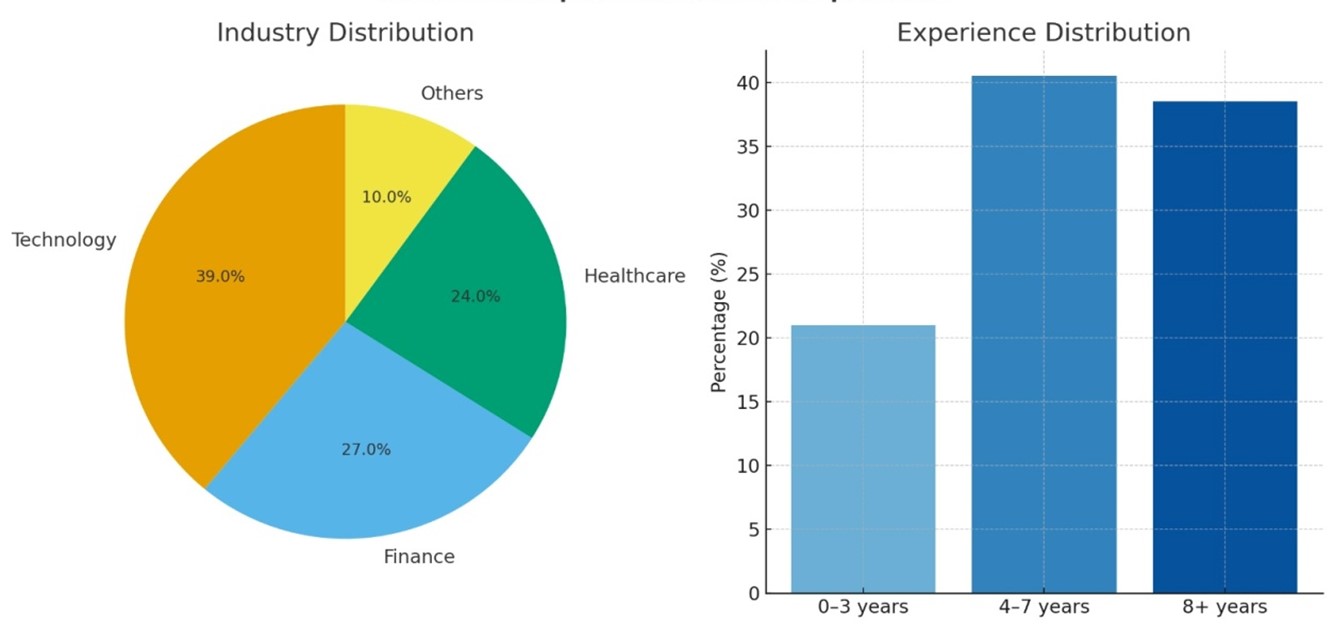CLOUD-NATIVE DATA WAREHOUSING SOLUTIONS: ENHANCING SCALABILITY, SECURITY, AND PERFORMANCE IN BIG DATA ECOSYSTEMS
DOI:
https://doi.org/10.71146/kjmr603Keywords:
Artificial Intelligence, Cloud-Native Data Warehousing, Data Governance, Multi-Cloud Strategy, ScalabilityAbstract
The rapid advancement of cloud-native technologies has transformed the design, deployment, and operation of data warehousing systems in contemporary organizations. This study examined the opportunities and challenges associated with cloud-native data warehousing by analyzing the role of containerization, microservices, artificial intelligence, and multi-cloud strategies in enhancing performance, scalability, and resilience. Findings indicated that organizations adopting cloud-native architectures experienced improved flexibility and real-time analytics capabilities, particularly when supported by AI-driven orchestration and monitoring tools. However, the study also revealed persistent challenges, including heightened security vulnerabilities, compliance complexities across jurisdictions, and increased operational difficulties arising from distributed environments. A key insight was that while multi-cloud adoption reduced vendor lock-in and enhanced reliability, it simultaneously introduced issues of interoperability and governance that required proactive strategies. The study concluded that successful adoption of cloud-native data warehousing depends not only on technological readiness but also on organizational preparedness, strong data governance, and regulatory alignment. Recommendations emphasized the need for standardized compliance frameworks, robust security mechanisms, and continuous professional training for IT personnel. Future research directions highlighted the importance of investigating sustainability concerns, organizational culture, and the integration of emerging technologies such as blockchain and quantum computing. Overall, this research contributes to advancing a balanced perspective on cloud-native data warehousing by identifying both its transformative potential and its critical implementation challenges.
Downloads

Downloads
Published
Issue
Section
Categories
License
Copyright (c) 2025 Safyan Ahmed, Muhammad Umar Khan, Maria Soomro, Naveed Sheikh, Abdul Rehman, Muhammad Rizwan Tahir (Author)

This work is licensed under a Creative Commons Attribution 4.0 International License.






